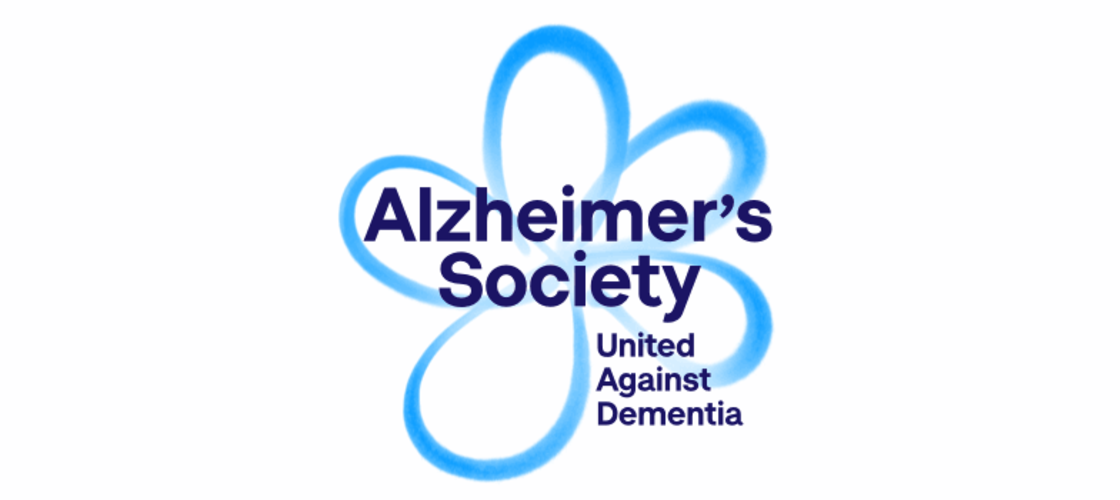Researcher wins award for film raising awareness of Deaf people affected by dementia.
A gallery of “breath-taking” images and videos which shine a light on crucial dementia research have been released today by Alzheimer’s Society’s first ever research image competition which was won by a University of Manchester researcher.
Spotlight on Dementia challenges researchers funded by the charity to showcase their vital work through creative images and video. Entries explored diverse topics such as detecting dementia using virtual reality, the impact of young-onset dementia on people’s careers, and the potential involvement of the brain’s immune system in the processes behind dementia.
Dr Emma Ferguson-Coleman is a Research Fellow at the University of Manchester and is being funded by Alzheimer’s Society for her current research study into the support needs of Deaf carers who care for people with dementia.
Emma won the Research in Motion category for her video called Losing my Language, which is about Deaf man who has been living with dementia for a few years. In this video, which is composed from qualitative research data after she interviewed a native BSL Deaf man and his family members, the actor representing the Deaf man shares his perception of living with dementia and what the future might mean for him. This is portrayed in a moment where he uses one sign (rather than a few full sentences in BSL) to describe his in-depth emotions about the possibility of fading away as a person and losing his language, BSL.
Emma said about winning the Research in Motion category: “It’s an absolute honour for me to see the story of Harold and his family represented in the wider mainstream – it is amazing.
‘As a Deaf BSL user myself, I am privileged to represent the stories of Deaf people living with dementia and their carers
‘This video took about three months to develop. I contacted Ilan (ILAN) Dwek (a famous Deaf actor) and discussed this conversation with him; sharing a video of myself mimicking Harold’s signs (for the purpose of research confidentiality) and Ilan filmed himself at home representing Harold’s story. Ilan did an amazing job in reflecting Harold’s emotions.
‘It was critical that Ilan was able to represent Harold’s position in all its’ entirety. If Ilan had just signed the one sign, there would be no context and no appreciation of the many layers of emotion that Harold was portraying in that moment.
‘I hope that from seeing this brief film, that the wider mainstream community come to understand and appreciate the rich complexities of communicating in BSL, especially with a Deaf BSL user living with dementia. This film will raise awareness of this minority community that use BSL as their first or preferred language and hopefully remove barriers in learning how to communicate either in BSL, or with a BSL interpreter to assist with two-way conversations.”
It’s an absolute honour for me to see the story of Harold and his family represented in the wider mainstream – it is amazing
Emma entered academia as a research assistant in 2010 and studied for her PhD between 2010-2016. Her PhD was focussed on Deaf British Sign Language (BSL) users’ understanding and knowledge of dementia, as well as interviewing, for the first time, Deaf BSL users living with dementia with their carers about their everyday experiences.
Emma also has a personal link to dementia as her grandmother lived with vascular dementia after having had a stroke.
Dr Richard Oakley, Associate Director of Research at Alzheimer’s Society, said:
“Spotlight on Dementia brings together science and art to reveal the wonder and variety of the research we fund. Each breath-taking entry tells a different story about the drive and enthusiasm of our stellar researchers working across dementia diagnosis, treatment and care.
“Alzheimer’s Society is a vital source of support and a powerful force for change for people with dementia. The charity only funds the most cutting-edge dementia research and currently we fund over 155 projects worth over £29.5m. We do this because we know research will beat dementia and improve the lives of people affected by the condition.
“Times are hard at the moment, but more funding is desperately needed to help us find breakthroughs and a cure. Decades of underfunding mean dementia research lags about twenty years behind the progress we’ve made in cancer, and we’re still waiting for the Government to act on its commitment over two years ago to double dementia research funding.”
17 hi-res photos from the overall winners and Emma’s video is available *
